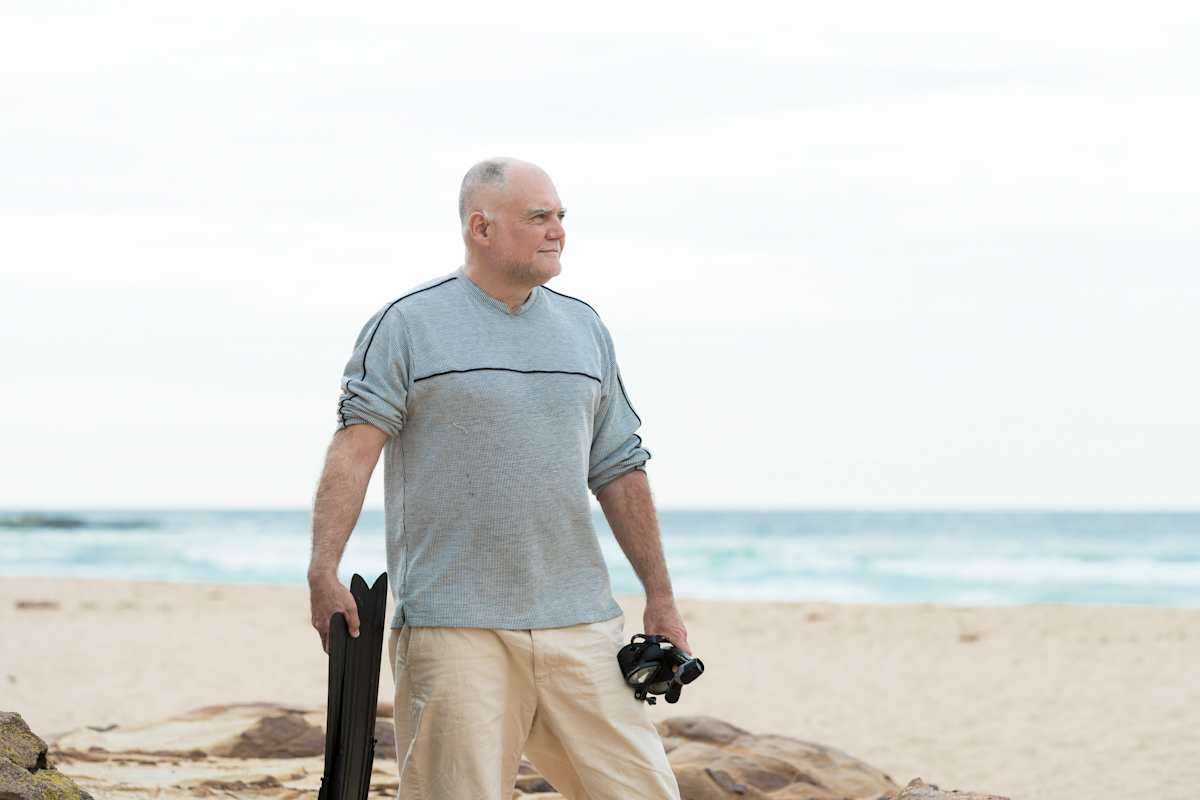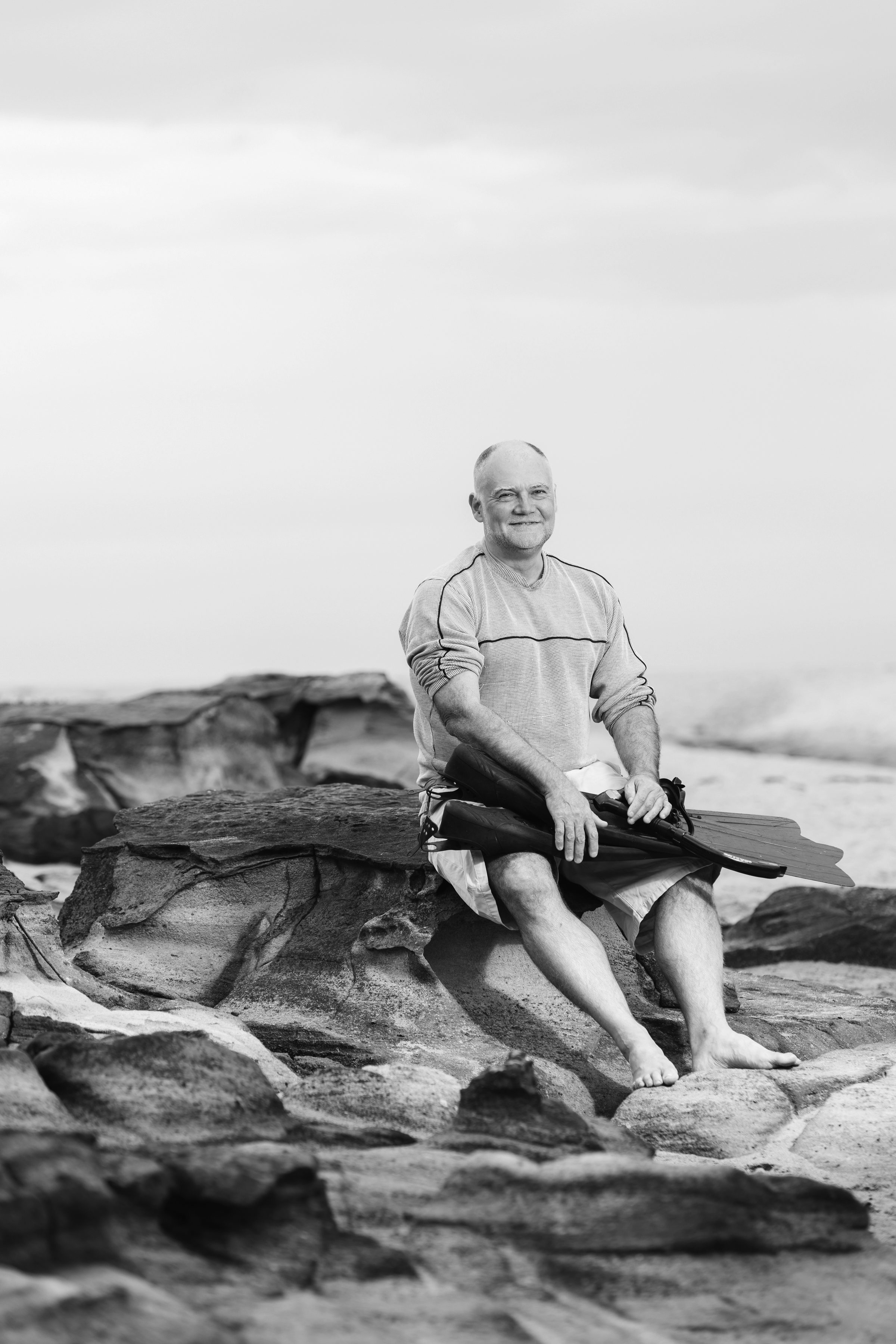Reasons to celebrate on World Ocean Day
Our part of the world is very connected to the sea. We surf, dive, fish, kayak, watch and talk about the sea. As we drive along Lawrence Hargrave Drive it’s hard to avoid the sea and it’s in our subconscious, even if our minds are on something...

Our part of the world is very connected to the sea. We surf, dive, fish, kayak, watch and talk about the sea. As we drive along Lawrence Hargrave Drive it’s hard to avoid the sea and it’s in our subconscious, even if our minds are on something else. Is it windy? Are the waves big? There were lots of boardriders at Sharkeys. Do I really need to go to work right now?
If we tune into the internet or read a newspaper or listen to the radio it would be easy to gain the impression that all the world’s oceans are in terrible trouble and the only way of fixing things is to stop doing everything we do now.
How does this square with what we see? We see increasing numbers of whales and seals. Some species of fish are doing well. The biomass of lobsters along the NSW coast is the largest it’s been since the 1960s. Some people are complaining about too many sharks!
The amount of plastic I see on the beach is negligible compared to what I have seen in some other countries. The volume of sewage pollution entering the sea off our coast has declined significantly over the past couple of decades. The Bellambi wastewater treatment works now only discharges during periods of high rainfall as most of the sewage is piped to the steelworks for re-use. So too for the Port Kembla plant, which only receives a flow during storm events as most sewage is re-used after treatment.
It’s true that much remains to be done and significant threats remain, such as climate change, which is already affecting the marine environment off our coast, but World Ocean Day on June 8 provides an opportunity to think about the gains. Whilst the turn-around for whales and seals resulted from a ban on hunting, the turn-around in the number of lobsters is due to a mix of tough decisions and sacrifices by regulators and fishers, supported by good science. This is also true for some other fish species, like bluefin tuna and snapper. As is the case for the reduction in ocean sewage disposal, the gains may take many years but the wins become subsumed by the latest crisis in the media and it seems that there is no progress being made.
When we look at the ocean we turn our backs on the land. A recent streaming program exhorted us to stop eating fish and it supported this advice by focusing on a bunch of problems in the world’s oceans, including plastic pollution, overfishing, illegal fishing and mistreatment of workers in the seafood sector. It simplistically assumed that a plant-based diet was a better option without exploring how the same issues we can find in the ocean can also be found on the land.
In Australia, for example, land-clearing is a major source of biodiversity loss and many species and ecological communities on land are listed as threatened or endangered, with agriculture the most common threat.
For some plant communities there is only 5% of the original area left and Australia has the worst record globally for the extinction of small mammals. There have been regular media stories about illegal land-clearing and water theft plus mistreatment of farm workers.
Turning our backs on eating fish and looking to the land may not be a step forward for the planet and simple solutions may have unintended consequences.
The gains for the ocean are testimony to the hard work of all those involved, whether it be conservationists, fishers (commercial and recreational), scientists and/or natural resource managers. A mix of commitment, skilful leadership, goodwill and some funding makes all the difference. In our part of the world we also have some great communicators who can write, paint, film and photograph to help get the messages across. We also have plenty of individuals who pitch in, whether it’s taking rubbish home, using biodegradable plastics or buying sustainable seafood.
The solutions may be complex and take time but that’s just how it is. It’s understandable to want quick solutions and want them imposed everywhere, but spare a thought for those in other countries who have few choices about what to eat and from where to make a living. We affect their lives by how and where we holiday and the food we buy, whether it’s seafood or landfood.
On World Ocean Day this year celebrate the gains made in managing our oceans better. It’s way more fulfilling to celebrate the successes than focus on the gloom.
Declaration of interest: I photograph fish, catch fish, eat fish, watch fish and work on fisheries. I got married in a pair of octopus socks and goldfish underpants because I couldn’t wear a fish tie.
ABOUT THE AUTHOR

Duncan Leadbitter is a director of fisheries and natural resource consulting company, Fish Matter, which advises industry, government and NGOs on the sustainable use of fish. Most of Duncan’s work is in based in Asia. He is a Visiting Fellow at the Australian Centre for Ocean Resources and Security at the University of Wollongong. A keen scuba diver, snorkeller, spearfisherman and photographer, Duncan has lived in Stanwell Park for 20 years. You can watch his snorkelling and diving films at Illawarra Underwater on YouTube.





